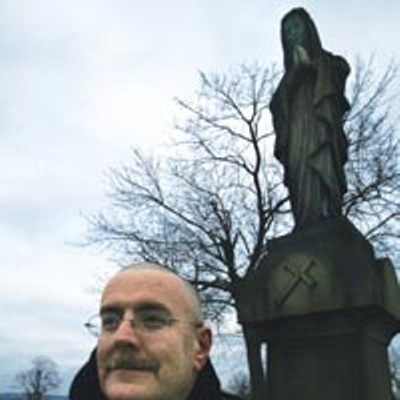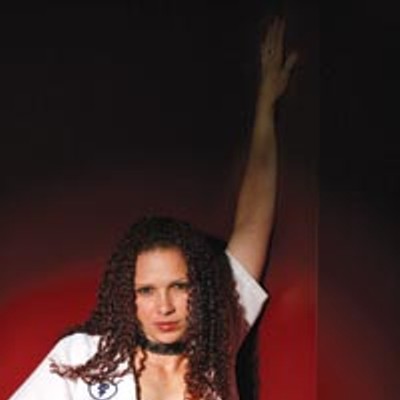How did you start with the bass?
I played violin in high school -- classical mostly -- and I started taking bass lessons right after I graduated high school. There seemed to be more demand for bass, there was more dance-band work. I studied with Herman Clemens; he taught at Duquesne University, but I went to his home -- those were bad days, Depression days, and nobody had any money. I think I paid 50 cents for a half-hour lesson.
At what point did you go pro?
In the 1930s, I played in a group at Mercurs Music Bar, down at Market Square, with a fine piano player named Dale Harkness. We'd play 45 minutes, then Erroll Garner came on and played next. After that, I went on the road with a bandleader by the name of Ina Ray Hutton. She had an all-girl band in New York, so she got an all-boy band to take on the road, and the nucleus was picked up from Pittsburgh. We played some great ballrooms -- like the Roseland in New York, the Aragon in Chicago. That gig lasted a year and a half, 1939-1940, on a bus, touring the country -- oh, man, those were the days.
But then came World War II ...
I was playing in the Baron Elliott Band, and we were in a special [Army] service company of musicians -- we trained in the field and everything -- and we went overseas together. We were in England 11 months before D-Day, entertaining troops in England, Wales, Ireland -- in Scotland, we did a show with Jimmy Cagney for a couple of places. I remember sitting on our trunks in the backstage, just sitting there talking as close as you and me.
That must've been a bit sketchy at times?
When we were in England, a few of those buzz bombs came pretty close -- one of 'em hit a hospital while we were playing, the other end of the hospital from where we were, but we never stopped, we just kept playing.
What about after D-Day?
Well, then it was different; we went over to France -- the Nazis still had an air force then. We landed on Omaha Beach on June 30, 1944. First night we landed, half of us slept in a sheep barn! We all had guns and everything, but then we had a trailer for all our instruments. They'd put two half-ton trucks together in the middle of a field, and build a temporary stage and we'd do a show. We had a whole act -- Herb Shriner, who was a comedian; Joe Twerp, another comedian; Oscar Lopez was a dancer -- and we did this show for the troops, "Broadway in Khaki."
Have you ever had a non-musical job?
Oh, sure -- I was assistant sales manager at [a Ford dealership] for 22 years, I just retired in 1979. I worked six days a week and still played five nights a week. I've toned it down quite a bit since then.
Toned it down to what?
Well, where's my calendar? Last month I had 18 jobs, this month about 10. I still get the call once in a while. But I haven't thought about quitting -- not as long as my legs hold out.
You must get sick of it sometimes, at this point?
I always wanted to play, I always liked it, and I never got tired of it. Even today, if I go a week without playing a gig, I go climbin' the walls! I think I'm still improving; I sure feel like it! My fingers aren't as nimble as they should be, but I had surgery -- I had a bone chipped in my hand, and tendonitis, and something else I don't remember -- and I think that doctor's given me another 10 years of playing.














